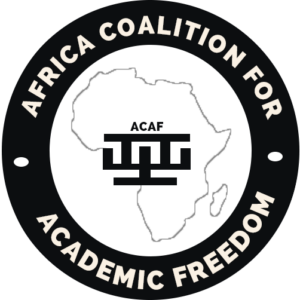The new research regulations at the University of Zimbabwe represent an unprecedented level of control over academic inquiry. The restrictions require all research proposals to undergo a “national interest” review by a government-appointed committee, effectively creating a system of preemptive censorship. International collaborations now require security clearance, severely limiting the university’s ability to participate in global academic discourse.
These measures have particularly affected research in:
- Economic policy analysis, where studies of monetary policy and inflation have been restricted
- Political science research, especially regarding electoral systems and governance
- Public health studies that might contradict official narratives
- Environmental impact studies, particularly those examining mining and land use
The impact extends to publication practices, with new requirements for internal review of research findings before submission to international journals. Several prominent scholars have reported having their work rejected during this review process for “national security concerns,” despite meeting all academic standards.
